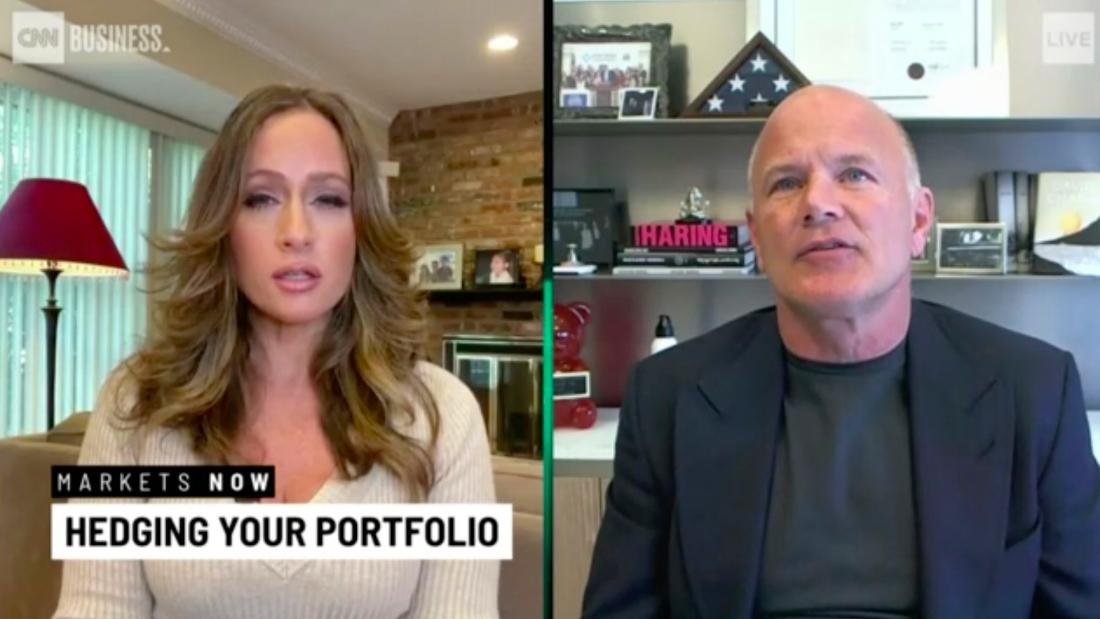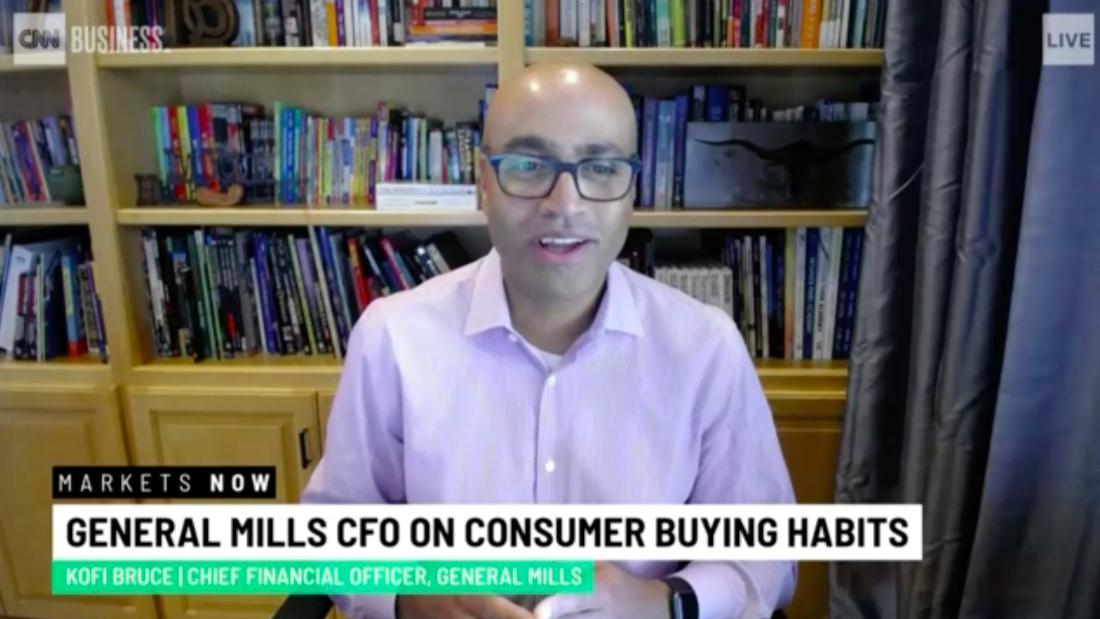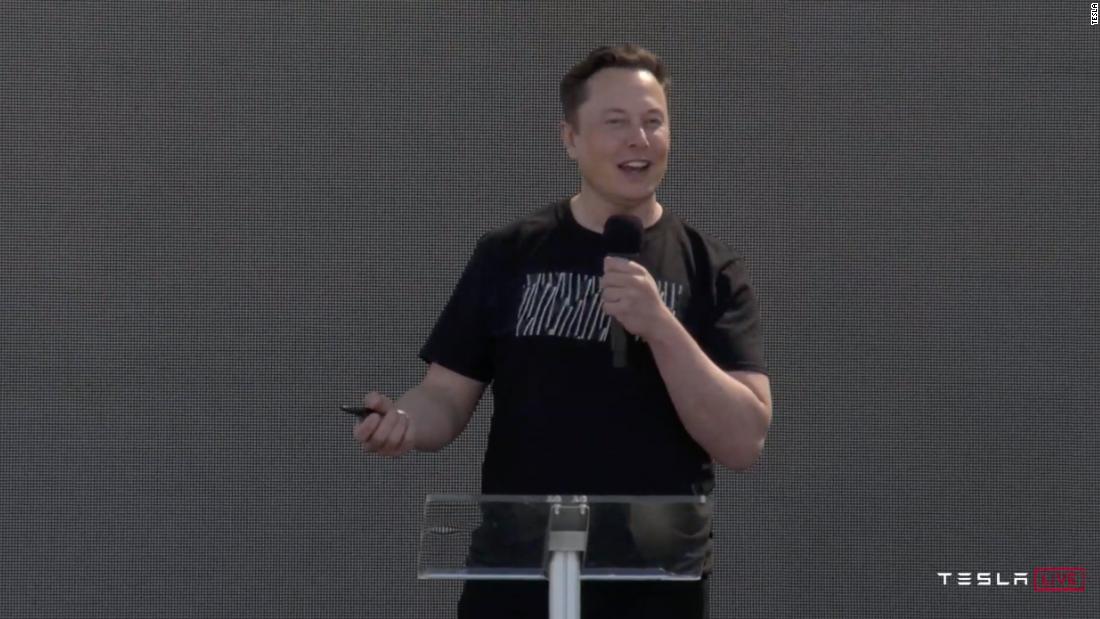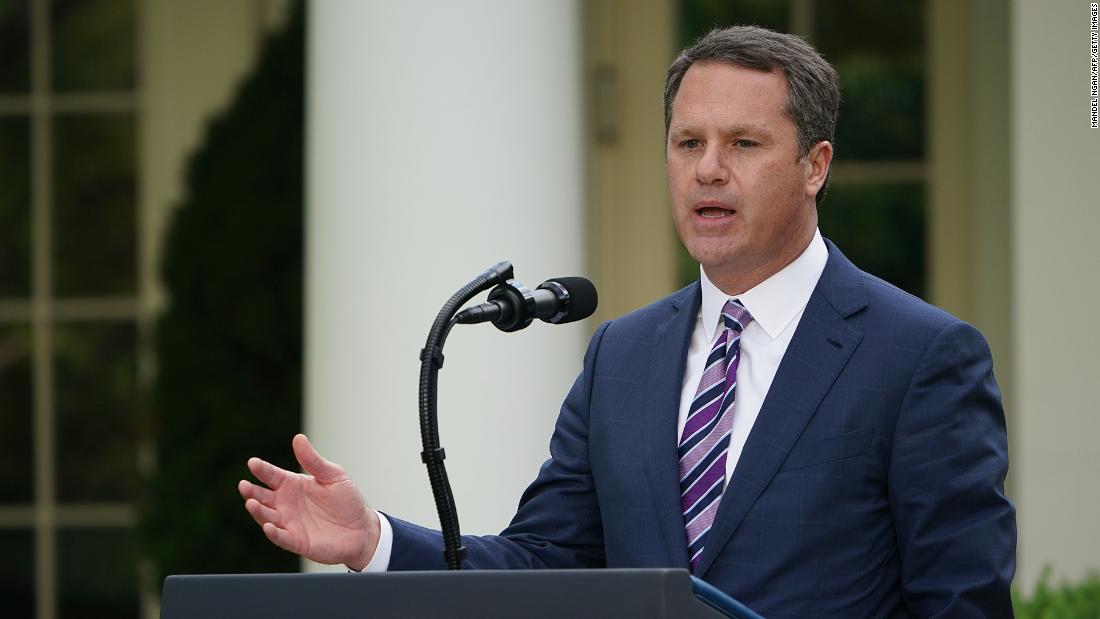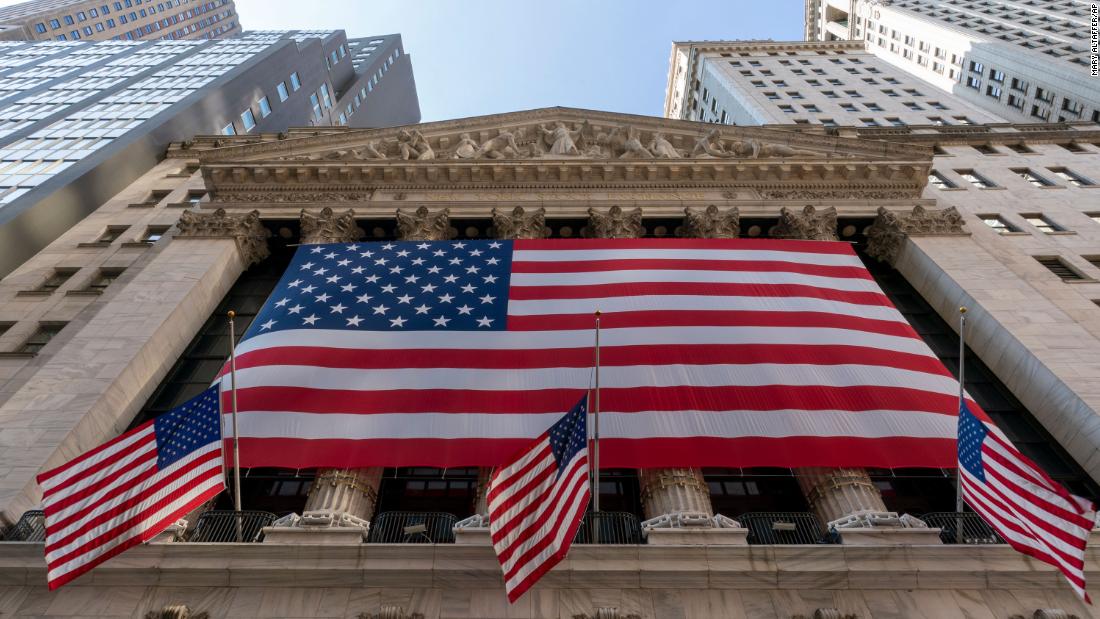Many investors were disappointed with Tesla's much hyped "Battery Day" on Tuesday evening. Shares of the high-flying stock were down 9% in midday trading.
But some top auto analysts were more impressed with the company's plans to cut the cost of battery production, which CEO Elon Musk said would allow Tesla to sell a car for $25,000 within three years.
"Market hype into the day was high, but we think largely met expectations," wrote Morgan Stanley Auto Analyst Adam Jonas, who has a neutral rating on the stock and a price target for Tesla shares about one-third below current values.
Deutsche Bank auto analyst Emmanuel Rosner was far more bullish, raising his rating on the shares from hold to a buy, as well as his 12-month price target to $500. (At midday, Tesla shares were trading at $386.94.)
"While investor expectations into the event were high, Tesla's plan to achieve 56% reduction in battery cost over the next three years came in considerably better than anticipated, and could materially boost its volume and margin outlook," he wrote.
Jefferies analyst Philippe Houchois described the presentation as "more ambitious than expected on battery and vehicle cost curve." He already had a buy recommendation and a $500 price target.
Another firm, Robert W. Baird, raised its price target on Tesla, from $332 to $360, although both of those targets are well below current prices.




